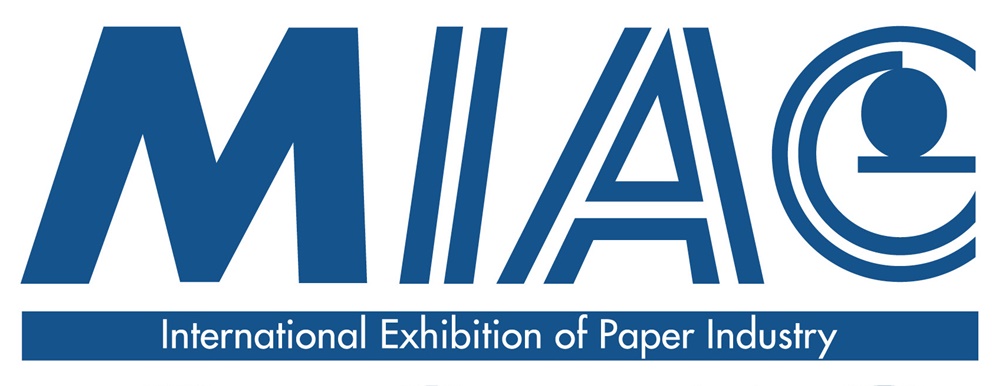NEWS
Sappi to build ground-breaking nanocellulose pilot plant
Sappi will locate a pilot-scale plant for low-cost Cellulose NanoFibrils (nanocellulose) production at the Brightlands Chemelot Campus in Sittard-Geleen in the Netherlands, after a global review of potential sites. The pilot plant is expected to be operational within nine months.
The R&D and teaching campus will focus on performance materials, biomedical materials and bio-based materials. The pilot plant builds on technology developed by Sappi and Edinburgh Napier University and will test the manufacturing of dry re-dispersible Cellulose NanoFibrils (CNF) and determine options for commercial production
Commenting on the decision, Andrea Rossi, Group Head Technology, Sappi Limited, explained that the pilot plant will help with Sappi’s move into new adjacent business fields based on renewable raw materials. Sappi’s strategy includes seeking growth opportunities by producing innovative performance materials from renewable resources.
The raw material for the pilot plant would be supplied from any of Sappi’s Saiccor, Ngodwana and Cloquet dissolving wood pulp plants. The pilot plant is the precursor for Sappi to consider the construction of a commercial CNF plant.
He goes on to say “the pilot plant will test the manufacturing of dry re-dispersible Cellulose NanoFibrils (CNF) using the proprietary technology developed by Sappi and Edinburgh Napier University. The location of the pilot plant at Brightlands Chemelot Campus provides Sappi with easy access to multiple partners with whom Sappi will seek to co-develop products that will incorporate CNF across a large variety of product applications to optimise performance and to create unique characteristics for these products.
The CNF produced by Sappi will have unique morphology, specifically modified for either hydrophobic or hydrophilic applications. Products produced using Sappi’s CNF will be optimally suitable for conversion in lighter and stronger fibre-reinforced composites and plastics, in food and pharmaceutical applications, and in rheology modifiers as well as in barrier and other paper and coating applications.
Speaking on behalf of Brightlands Chemelot Campus, the CEO Bert Kip said “We’re proud that a globally leading company like Sappi has chosen our campus for their new facility. The initiative perfectly fits with our focus area on bio-based materials and our new pilot plant infrastructure.”
In December 2014, Sappi and Edinburgh Napier University announced the results of their 3 year project to find a low cost energy-saving process that would allow Sappi to produce the nanocellulose on a commercially viable basis – and importantly without producing large volumes of chemical waste water associated with existing techniques. At the time, Professor Rob English, who led the research with his Edinburgh Napier colleague, Dr. Rhodri Williams, said “What is significant about our process is the use of unique chemistry, which has allowed us to very easily break down the wood pulp fibers into nanocellulose. There is no expensive chemistry required and, most significantly, the chemicals used can be easily recycled and reused without generating large quantities of waste water.
Math Jennekens, R&D Director at Sappi Europe who is the project coordinator and will oversee the pilot plant, said “We are very excited to be able to move from a bench top environment into real-world production. Our targeted run-rate will be 8 tons per annum. We will produce a dry powder that can be easily redispersed in water. The nanocellulose is unmodified which makes it easier to combine with other materials. The product will be used to build partnerships to test the application of our nanocellulose across the widest range of uses.”
He went on to thank the Government of the Province of Limburg in the Netherlands for their significant support and financial contribution towards the establishment of the pilot plant.








